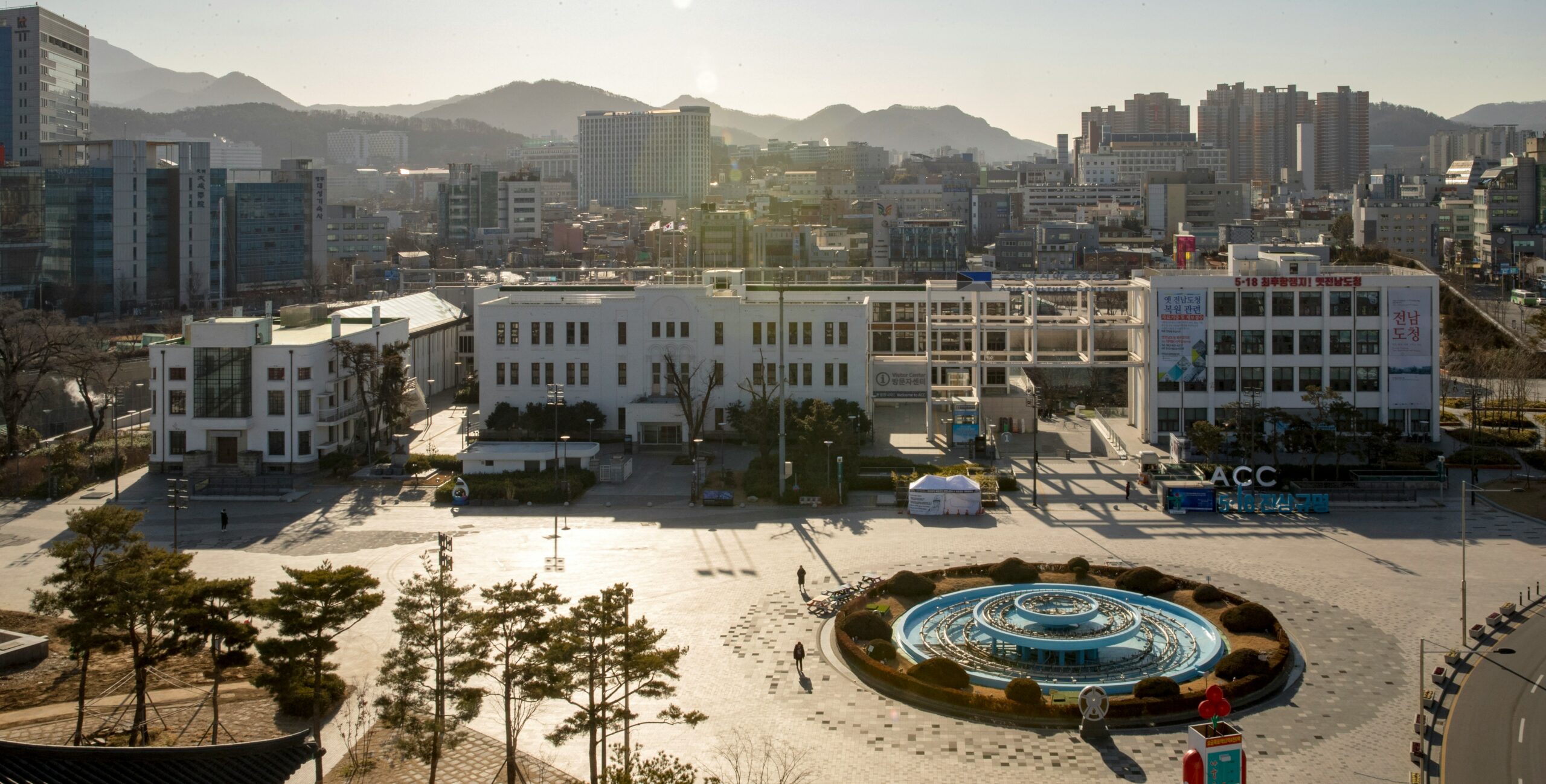Yesterday, I went looking for answers and found a lesson in perspective instead.
The day began in a brightly lit, modern lecture hall, the kind of place where the air conditioning hums away any sense of the world outside. It was a panel on the Thai-Cambodian conflict, and the room was a cross-section of the establishment: diplomatic staff, foundation members, and NGOs, all sitting back, diligently taking notes. The panelists were experts in what one of them, with a tone that was both cynically and matter-of-factly, called “cold-reality.”
I listened to talk of political dynasties, broken international trusts, and “Hybrid War.” It was all complex, analytical, and strangely sterile. I raised my hand and asked a simple question: “How can we break the cycle?”
One panelist answered with admirable honesty about the sheer difficulty of the task. Another offered theories of justice that felt miles away. And the military analyst, whose forte was hard power, met my question with a silence that felt not thoughtful, but dismissive. I left feeling disconnected, intellectually indifferent to a discussion that had managed to analyze a conflict without capturing its soul.
The transition from that world to the next was a trial by heat. We walked through the streets of Bangkok, and I sweat like hell. The 33-degree air is no joke; it’s a physical reminder that you are not separate from your environment. That oppressive, real-world heat was the perfect bridge to “Delicious Democracy.”
The place is small, crowded, with almost no space to sit, but it pulsed with a different kind of energy—the freedom of students to gather and share ideas. People were packed in, some not even realizing a film was about to be shown.
Then, the lights went down, and “A Taxi Driver” began.
The room fell quiet during the harder scenes. The detached analysis of the panel was replaced by the visceral, on-screen reality of the Gwangju Uprising. In the shared dark, you could hear the soft sounds of people shedding tears. That collective experience, breathing the same tense air, made it infinitely more profound.
For me, it was overwhelming. The academic concepts of violence became the sight of a shaking hand—my own. I had to leave the room a few times just to catch my breath, to steady myself against the truth the film was showing. It was a truth that had been absent from the brightly lit lecture hall: that history isn’t a theory to be debated, but a story felt in the body, a moral weight that can leave you trembling.
The experts had offered cold-reality. The film offered a human one. I learned yesterday that if you truly want to understand how a cycle is broken, you must first be willing to let its reality break you, just a little.

